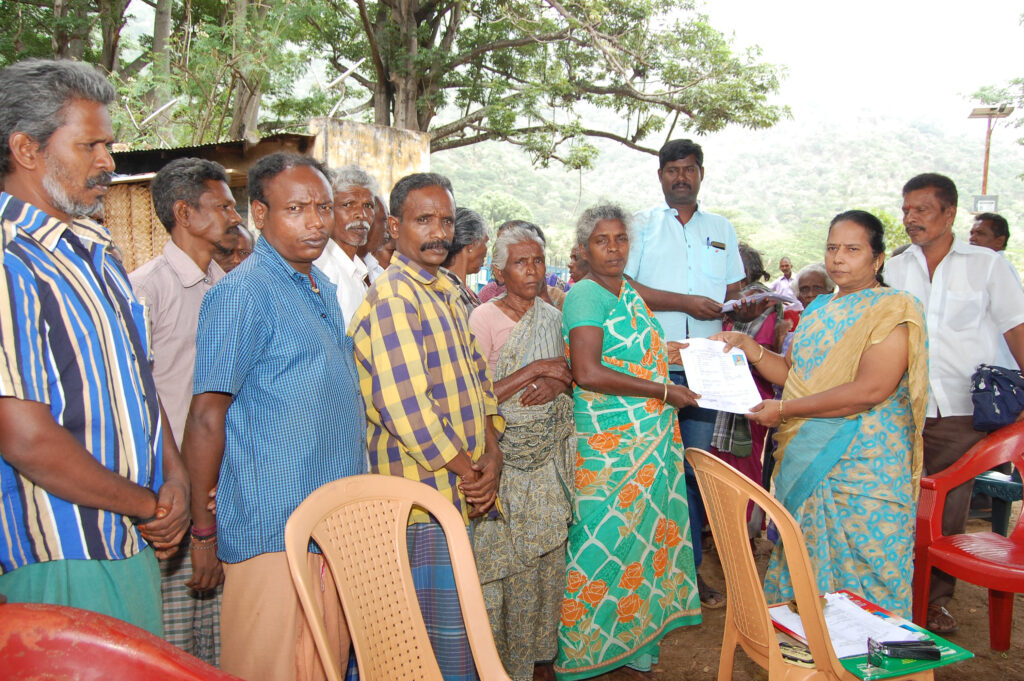Tribal communities are facing severe health and nutrition challenges. These marginalized groups often lack access to basic healthcare and nutrition, which can lead to malnutrition, disease, and preventable deaths. As a lifeline to these vulnerable populations, health and nutrition aid plays an essential role in providing access to medical care, nutritious food, and sustainable living practices.
The Need for Health & Nutrition Aid in Tribal Communities
Tribal communities are often geographically isolated and cut off from essential services, including healthcare and nutrition. Many of these communities rely on subsistence farming or traditional foraging for food, which can be inconsistent and nutritionally inadequate. Without access to healthcare, even minor illnesses can become life-threatening.
Health and nutrition aid focuses on improving these areas by delivering targeted interventions designed to combat malnutrition, prevent disease, and improve overall quality of life. These efforts are vital for building strong, resilient tribal communities.
Challenges Faced by Tribal Communities
1. Lack of Healthcare Access
Many tribal communities are located in remote areas with little or no access to medical facilities. The lack of healthcare infrastructure, trained professionals, and medical supplies poses a significant challenge. Even when clinics exist, they are often understaffed and ill-equipped to handle basic health issues, let alone serious illnesses.
2. Food Insecurity and Malnutrition
Food insecurity is a major concern in tribal areas. The reliance on natural resources for sustenance makes these communities vulnerable to environmental changes, land degradation, and deforestation. Malnutrition is rampant, especially among children, leading to stunted growth, weakened immune systems, and higher mortality rates.
3. Cultural and Language Barriers
The cultural diversity of tribal communities often leads to misunderstandings between aid organizations and the people they serve. Language barriers can hinder effective communication about health and nutrition practices. This highlights the need for culturally sensitive programs that respect the traditions and values of tribal populations.
4. Poor Sanitation and Hygiene
Sanitation and hygiene are crucial to preventing disease, but many tribal communities lack access to clean water and proper sanitation facilities. This leads to the spread of waterborne diseases, such as diarrhea and cholera, which disproportionately affect children and the elderly.
Health Aid Initiatives for Tribal Communities
Mobile Health Clinics
Mobile health clinics are an innovative solution to healthcare access problems in tribal areas. These clinics, equipped with medical staff and supplies, travel to remote communities, offering essential health services like vaccinations, medical checkups, and maternal care. This initiative has proven effective in reducing the number of preventable deaths and improving overall health outcomes.
Maternal and Child Health Programs
Special attention is given to maternal and child health, as these groups are particularly vulnerable in tribal regions. Aid programs focus on providing prenatal and postnatal care, safe childbirth practices, and vaccinations to ensure that both mothers and children receive adequate medical attention.
Nutrition Aid: Fighting Malnutrition in Tribal Regions
Nutrient-Rich Food Distribution
Aid organizations play a crucial role in distributing nutrient-rich food to tribal communities. Fortified grains, pulses, and protein-rich foods are provided to combat malnutrition, especially among children. These interventions help improve overall health and development.
Community-Based Nutrition Education
Educating tribal communities about proper nutrition and dietary diversity is key to preventing malnutrition in the long term. Many aid programs focus on teaching families how to grow diverse crops, maintain healthy diets, and ensure that children receive the nutrients they need for healthy development.
Supplementary Feeding Programs
In areas where food insecurity is severe, supplementary feeding programs provide essential nutrients to children and pregnant women. These programs help reduce the immediate effects of malnutrition while working towards long-term food security solutions.
The Future of Health & Nutrition Aid
While health and nutrition aid has made significant progress in improving the lives of tribal communities, much work remains to be done. As environmental challenges and global health crises arise, it is essential for governments, NGOs


